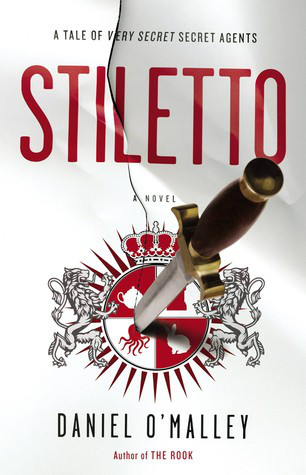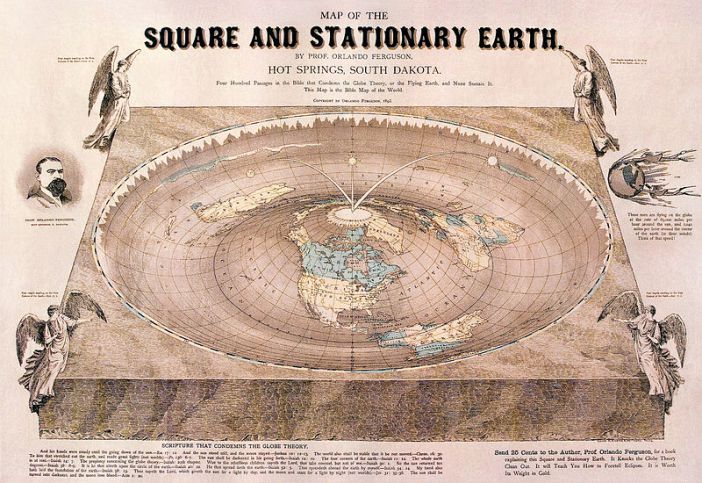
Back Over There, by journalist-author Richard Rubin
One hundred years ago, after futilely preaching neutrality for three years, President Woodrow Wilson, exhausted of options, finally entered “the war to end all wars” so the world could be made safe for democracy. Two million young American fellows left their farms, fields, factories and shops, and happily enlisted in the Great War, whistled Over There, and planned to wreak havoc on the dastardly Huns.
General John Pershing was the man of the hour, and a few little known Colonels named Marshall and Patton and Billy Mitchell would gain their land-legs in that war. A young Douglas MacArthur would earn his first star. A pacifist farmer named Alvin York from the backwoods of Tennessee would become a legend. But this book is not about them. It is mostly about those lesser-known hundred-thousand Americans who did not come home from over there.
A few years prior to writing BACK OVER THERE, journalist Richard Rubin authored a popular series in the New York Times exploring those battlefields and related sites. Returning once again to fill in a few blanks and smooth out the rough facts, he has provided an engaging and extremely thoughtful look at a War that perhaps has become all Wars. He walks a balanced line between sentiment and maudlin; the matter-of-factness of his European friends blends nicely with the innate morality and exuberance of Americana.
The last of the centenarian survivors of that horror, now known as World War I, are now dead. In many cases, their grandchildren are elderly. A few years ago, Rubin, having had the distinct pleasure/honor of meeting some of those aged ex-soldiers, now has parlayed those experiences into a remarkable travelogue-of-sorts through more than 500 miles of the battlefields, trenches and pillboxes, cemeteries, memorials and little known towns on the Western Front in France, which along with the better known places like The Argonne and Chateau-Thierry, made up four years of one of the bloodiest (and under-remembered) episodes in history.
BACK OVER THERE in some ways, is a surprising love story. The country folk of Northern France, where most of the horrific battles, standoffs, death, sickness and despair occurred between 1914-18, are still deeply in love with their history. History is a part of them. People have remained on the farms and in the villages where their ancestors lived and worked a century (or more) ago. They recall the old stories as if they happened last week. They still love their memory of the idealistic American doughboys who finally came to their aid, and reverently believe the Yanks saved them from total destruction. Even the events of the Second Great War (1939-45) have not dimmed or diminished that love. And the love, at least by author Richard Rubin, is definitely returned in abundance.
His personal experiences of months of dedicated research are coupled with a strong and happy way with words. What could be a litany of dull facts and figures where one battlefield looks just like another, and a trench is a trench, has become a fascinating look at a semi-lost world barely a couple of hundred miles from Paris. It is a world where much of time has stood still. Rubin easily traverses the boundaries of decades, discussing parking places or modern sanitary facilities as easily as he ferrets out the places where a generation of Americans gave their lives and their health and their futures in the hopes of ending war forever.
Rubin introduces us to a dozen or so fellow WWI aficionados, mostly French and a couple of Brits, who, like the metal detectors they sneeringly disdain, helped him find delight in small treasures coughed up by yet another spring rain in an ex-trench that had been overrun by nature decades ago. He learned to recognize grassy hills that buried crumbling cement German pillboxes that mowed down thousands of Allied soldiers. He also learned to appreciate the superb engineering and military acumen that built them. He learned to identify a shard of shrapnel – ours and theirs – and which weapon it came from. Ditto the cap of a canteen or a button from a uniform, or an unspent cartridge. He paid homage to our communal ancestors of WWI vintage, buried forever on French soil. He visited graves and monuments that still were periodically decorated with a flower or ribbon. Some had traces of names that had been worn away by time. Some never had names. And perhaps most important of all, he learned a deeper appreciation of history and memory – ours and theirs. And perhaps “theirs” is greater and deeper. As one of his French companions remarked, “when you live here, you can’t escape the history – it’s all around you, in everything you see, all the time.
For those who love the glory of war, this is a book be read. For those who loathe war and dismiss glory, this is a book to be read. And for all those in between, who love war when we win, and loathe war when we lose, it is a book to be read – and to learn from. Americans usually try to escape history by denying it and sometimes undoing it, but it is inescapable and we will be forced to repeat and repeat it until maybe we get it right. And maybe we never will. America lost its innocence during the Great War – just like everyone else.
The War to End All Wars has perhaps become the War to Begin All Wars: vicious, mean, despairing, hopeless, fruitless, seemingly never-ending and in the end, accomplishing little other than leading to new wars in new places with new names and new uniforms and even more destructive weapons. And more places to bury the honored dead.
And we can thank Richard Rubin for reminding us.
Back Over There, by Richard Rubin
St. Martin’s Press
$17.95
ISBN-10: 1250084326
Advertisements Share this:






